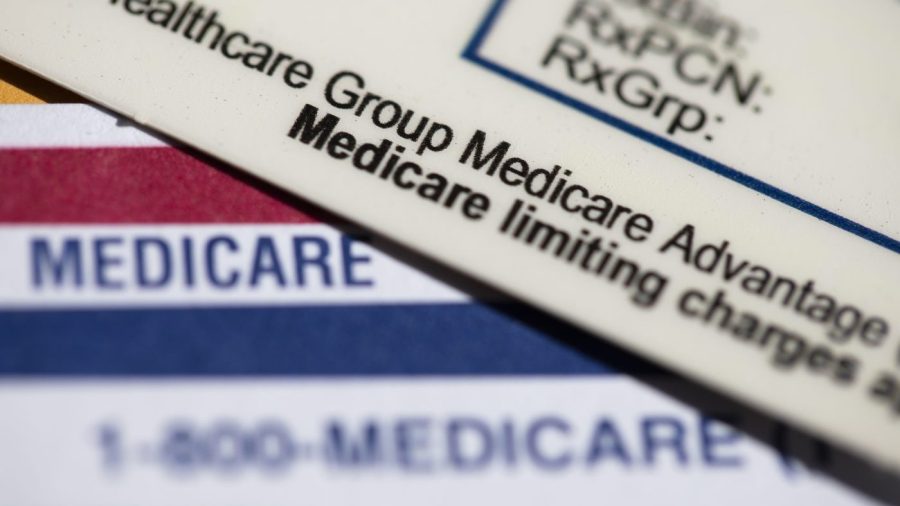Federal judges in Texas and Connecticut on Thursday ruled against arguments challenging the constitutionality of the Medicare Drug Price Negotiation Program, delivering two more blows to the pharmaceutical industry this week after an appeals court upheld the dismissal of a similar case.
In Connecticut, the U.S. Second Circuit Court of Appeals upheld a decision granted by U.S. District Judge Michael P. Shea last year against pharmaceutical company Boehringer Ingelheim. The company’s diabetes medication Jardiance was among the first 10 drugs chosen for Medicare negotiations and two more of its products were chosen for the following round of negotiations.
In his 2024 ruling, Shea found that Boehringer Ingelheim could not demonstrate irreparable harm as a result of Medicare negotiations and also agreed with the federal government that the program did not violate laws such as the Medicare Act or the Administrative Procedures Act.
Boehringer Ingelheim had also argued Medicare negotiations violated its First and Fifth Amendment rights.
In its ruling on Thursday, the Second District Court of Appeals concurred with Shea’s ruling, finding that the company’s claims of unconstitutionality were not proven in their argument.
“Participation in the Negotiation Program is voluntary and thus does not entail an unlawful deprivation of rights,” the judgment stated. “The program does not impose unconstitutional conditions on Boehringer’s ability to participate in Medicare and Medicaid because the program is designed to promote the legitimate government purpose of controlling Medicare spending and does not regulate the company’s conduct in the private market.”
The Hill has reached out to Boehringer Ingelheim for comment.
In Texas, Senior U.S. District Judge David Alan Ezra dismissed the lawsuit brought forward by the trade group PhRMA with prejudice, closing the case.
As in Connecticut and other cases challenging Medicare negotiations, Ezra noted that drugmaker participation in Medicare is entirely voluntary. Ezra stated that because of the voluntary participation, drugmakers do not have a protected interest to sell drugs to Medicare at their preferred “fair market value.”
He similarly found that the plaintiffs had failed to demonstrate that they will suffer irreparable harm due to negotiating drug prices and was unconvinced of claims that the program violated the plaintiffs’ Fifth and Eighth Amendment rights.
“In sum, Plaintiffs cannot demonstrate that the Program deprives them of a protected interest and therefore their Due Process Clause claim fails as a matter of law,” wrote Ezra, granting the federal government’s request for summary judgment.
The Hill has requested comment from PhRMA.
These decisions come just one day after a federal judge upheld a ruling to dismiss a similar challenge to Medicare negotiations brought forward by the U.S. Chamber of Commerce. The courts found that several of the plaintiffs attached to the case lacked standing to sue.
Merith Basey, executive director of the advocacy group Patients For Affordable Drugs, lauded the rulings in a statement Thursday.
“Once again, a drug company brought its high-priced lawyers to lay out its arguments against Medicare negotiation, and once again they have lost. This ruling against Boehringer Ingelheim marks the fifth consecutive legal victory for patients who have long awaited relief from Big Pharma’s monopoly control over drug prices,” said Basey.
“It’s truly US v Big Pharma. Patients For Affordable Drugs stands firm in our commitment to defending the hard-won Medicare negotiation program against Big Pharma’s relentless attempts to undermine it at the expense of patients,” she added.

